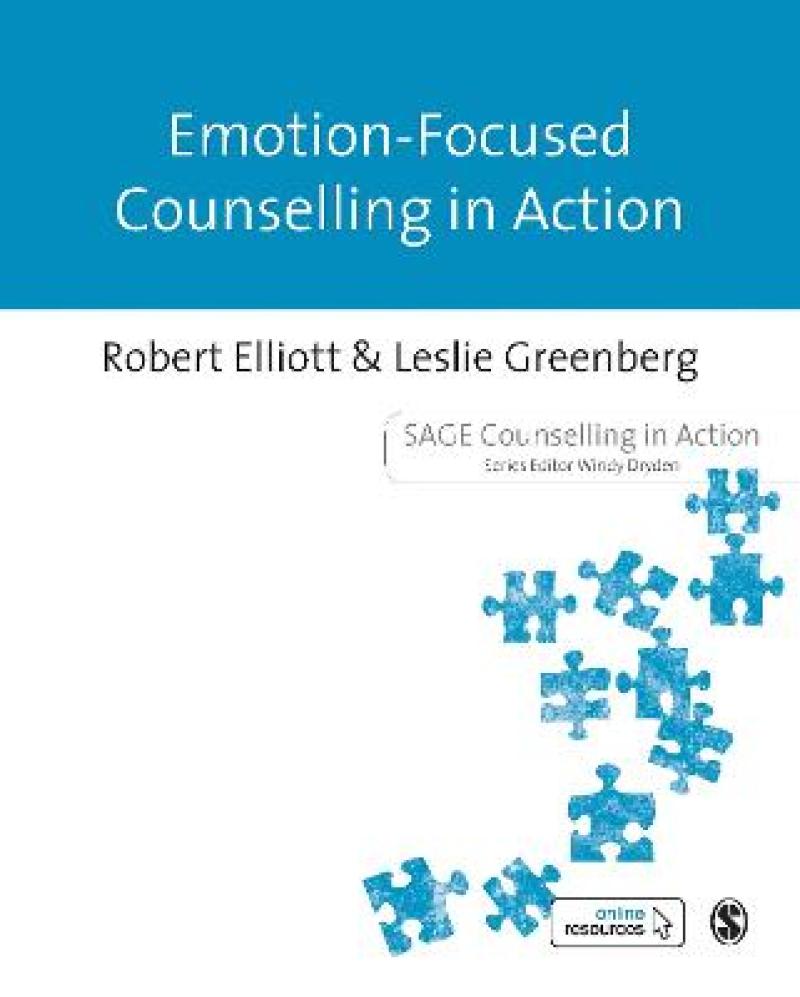This is the definitive introduction to the theory and practice of emotion-focused counselling. Starting with an introduction to the main theory and concepts, it then guides you through the counselling phases from beginning to end. The final chapter extends your learning by examining different client populations, process research, and ways of monitoring your practice.
Chapters include features such as case studies and transcripts, further reading sections and reflective exercises that help you to enhance your understanding of the approach.
Les mer
The definitive introduction to the theory and practice of emotion-focused counselling.
1. Emotion-Focused Counselling and the Person-Centred-Experiential Approach
2. Emotion Theory in Emotion-Focused Counselling
3. Deepening and Transforming Emotion
4. Beginning Emotion-Focused Counselling: Fostering the Relationship and Beginning the Work
5. Early Working Phase: Unfolding and Focusing
6. Early Working Phase: Two Chair Work
7. Late Working Phase: Empty Chair Work for Unresolved Relational Issues
8. Late Working Phase: Empathic Affirmation & Compassionate Self Soothing
9. Consolidation Phase: The Work of Ending Well
10. Next Steps in Emotion-Focused Counselling
References
Appendix I - EFT THERAPIST SESSION FORM
Appendix II - Person–centred & experiential psychotherapy scale-eft-t supplement
Appendix III - Person–Centred & Experiential Psychotherapy Scale-EFT Observer-Rating Version
Appendix IIII - Helpful Aspects of Therapy Form (H.A.T.)
Les mer
Produktdetaljer
ISBN
9781446257234
Publisert
2021-03-25
Utgiver
Vendor
SAGE Publications Ltd
Vekt
520 gr
Høyde
232 mm
Bredde
186 mm
Aldersnivå
U, 05
Språk
Product language
Engelsk
Format
Product format
Innbundet
Antall sider
208
